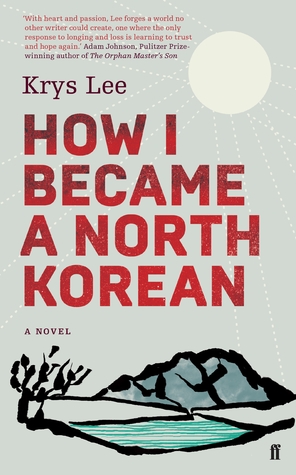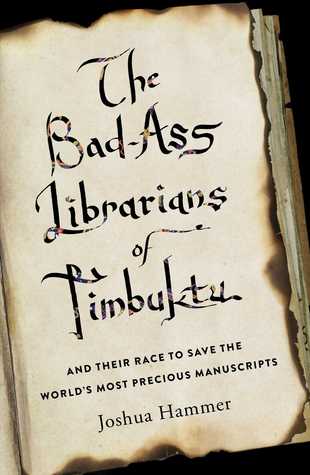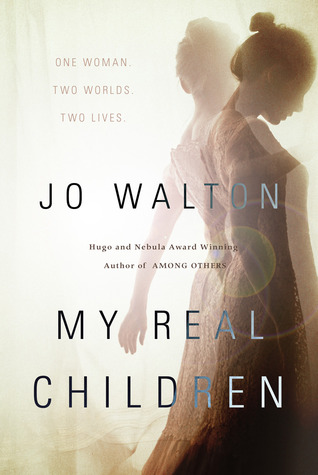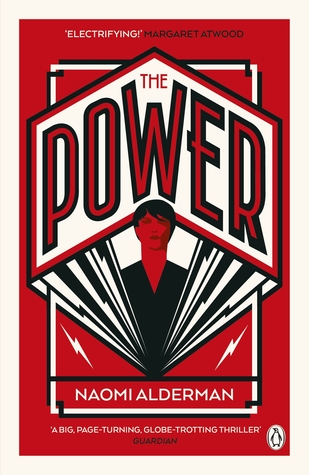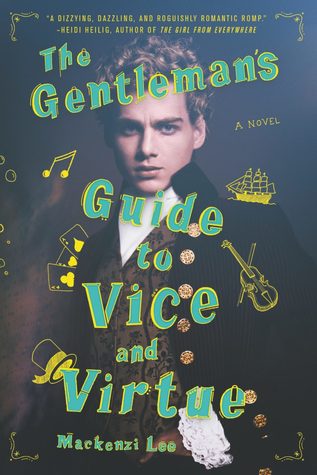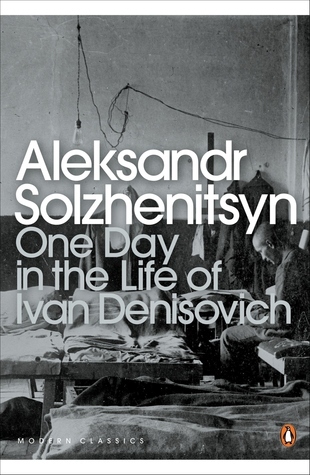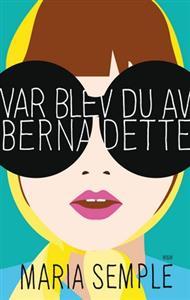The June selection for Austin Feminist Sci-Fi Book Club was Catherynne M. Valente’s Radiance. I didn’t know it, but Valente was already on my book radar thanks to The Girl Who Circumnavigated Fairyland in a Ship of Her Own Making. Now I’m wondering if I can bring myself to read it.
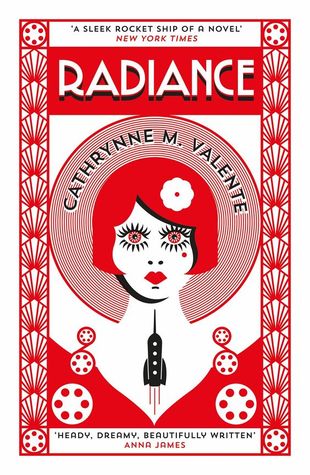
Author: Cathrynne M. Valente
My GoodReads rating: 2 stars
Average GoodReads rating: 3.77
Language scaling: C1+
Summary: In an alternate history, where the human race masters interplanetary travel at around the same time they figure out movies, a young woman disappears on Venus while shooting a documentary about a ravaged diving village.
Content warning: Some surreal gore here and there.
Recommended audience: Fans of postmodern literature, alternate history fans
In-depth thoughts: I wanted to like this one and I didn’t.
If I had to pick one word to describe Radiance, it would be “overindulgent.” The structure Valente chooses (or rather, the lack of structure) does nothing to contain this tendency towards overblown wordiness or direct us to an understanding either of events or character.
Take, for example, Where’d You Go, Bernadette? Like Radiance, there is a whole bunch of documentation (rather than narration), but in Where’d You Go, Bernadette?, it all works to move the story forward and every single scrap in there contributes something to the story. Not so in Radiance. I quickly sorted out the bits that were most likely to move the plot along, read those, skipped the rest. At least the book is well labeled, which makes for easy fast-forwarding.
The other thing that makes Radiance overindulgent is the style. Valente’s writing is, as another reviewer put it, “high-octane purple prose.” It’s overwrought, it’s too much, and while I get it’s supposed to be an art deco gothic and therefore can be expected to be a bit much, it’s a bit much everywhere. It works in some situations (gossip columns, a few personal diaries) and falls flat in others (transcripts of conversations: actual human beings don’t talk like that).
There’s another layer to Radiance, or at least there’s supposed to be, about how the narratives of our lives and celebrity lives are constructed and so on and so forth, but it was just really hard to care because the writing and presentation is so distant from what it’s conveying that it’s impossible to care about any of the characters. It’s impossible even to know them, for the most part.
Valente is clearly a competent, if not talented, writer, but in Radiance she gets caught up in her own hype and it feels like no one around her told her “no.” As far as novels for EFL students go, or postmodern science fiction, there are better choices out there.

